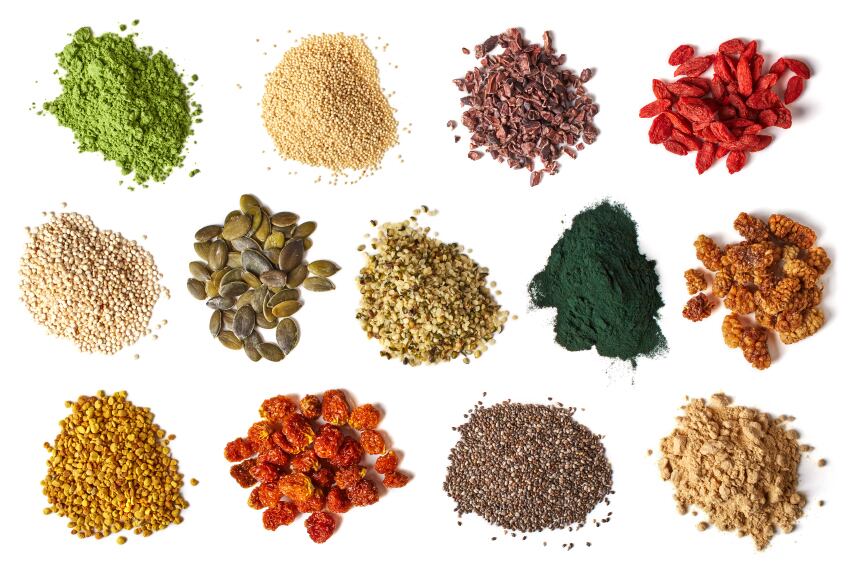The epigenetic study revealed that a diet low in protein resulted in a direct link between restricted growth and DNA modifications during protein production.
Investigations into the nutrition the foetus receives during pregnancy has become popular as this period is considered critical in the development of the infant.
Much has been said about an infant’s first 1000 days of life in which policies have been implemented that focus on what essential nutrition actions (ENA) could be taken during this period that could reduce infant and child mortality, whilst improving physical and mental growth.
It has been shown that nutrients such as omega-3s, vitamins and iron have a huge impact on the health of the developing offspring in the long term.
The collaboration involved researchers from Queen Mary University of London, King’s College London, and the University of Cambridge, who looked at the offspring of pregnant mice, which had been given a low protein diet (8% protein) and a normal diet (20% protein).
The study

After they were weaned, the offspring were then switched to the normal diet. The researchers then studied the difference in the offspring’s DNA methylation, from mothers exposed to low protein and those that were not.
“When cells are stressed, for example when nutrient levels are low, they alter protein production as a survival strategy,” said lead researcher professor Vardhman Rakyan from Queen Mary University London's Blizard Institute.
“In our low protein mice mothers, we saw that their offspring had methylated ribosomal DNA (rDNA). This slowed the expression of their rDNA, which could be influencing the function of ribosomes, and resulted in smaller offspring – as much as 25% lighter.”
DNA methylation is a process that determines whether genes are expressed or not. Here, a chemical (methyl) compound is bonded to DNA influencing genetic identity and function. Ribosomal DNA (rDNA) is found in ribosomes where proteins are mainly produced.
“The genetic variation of ribosomal DNA could be the reason why we’ve only been able to explain a small fraction of the heritability of many health conditions, which makes a lot of sense in the context of metabolic diseases, such as type 2 diabetes,” added Rakyan.
Similar studies

One study for comparison exposed male mice to one of three different diets (protein restriction, high-fat, or caloric restriction) after the weaning period.
The researchers detected inter-individual genetic and methylomic variability at rDNA, but no diet-induced effects that were consistent.
Earlier human epidemiological and animal studies have identified early life as a crucial time when diet quality can have a long-term phenotypic outcome on the offspring.
“At the moment, we can only speculate that such effects may also be relevant to humans,” said study co-author Dr Michelle Holland, also from the Blizard Institute. “We know that rDNA is responsive to nutrition in other organisms such as yeast and flies.”
“At present little is known about the genetic diversity of rDNA amongst the hundreds of copies within an individual genome or across the genomes of individuals, i.e. at a population level in humans. This needs to be defined before epigenetic responses to nutrition can be thoroughly investigated.”
Holland said that the team were currently trying to define exactly when the rDNA effects observed are established and how diet in later life influences the stability.
“I think the data points to complex interactions that differ according to the stage of development at which an organism is exposed to a nutritional insult,” she commented.
Source: Science
Published online ahead of print, DOI: 10.1126/science.aaf7040
“Early-life nutrition modulates the epigenetic state of specific rDNA genetic variants in mice.”
Authors: Michelle Holland et al
